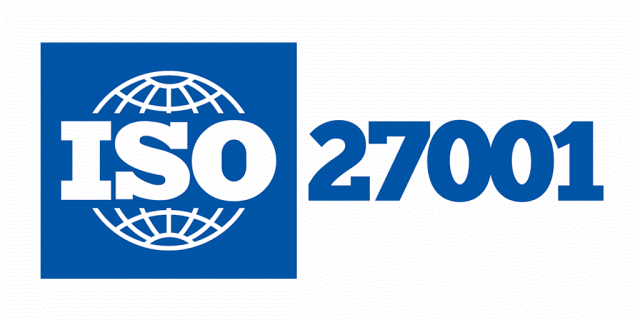ISO 27001: A Comprehensive Guide

Introduction
ISO 27001 is an international standard for information security management systems (ISMS), providing a systematic approach to managing sensitive company information so that it remains secure. It encompasses people, processes, and IT systems by applying a risk management process. Developed and published by the International Organization for Standardization (ISO) in partnership with the International Electrotechnical Commission (IEC), ISO 27001 helps organizations keep information assets secure.
Basic Use
The primary use of ISO 27001 is to help organizations establish, implement, maintain, and continuously improve an ISMS. This standard ensures that organizations follow a systematic approach to managing and securing their information assets, including financial information, intellectual property, employee details, and information entrusted by third parties.
Key Provisions
- Risk Assessment and Treatment: Organizations must systematically evaluate information security risks, considering the impact of threats and vulnerabilities.
- Security Controls: ISO 27001 specifies a set of 114 controls in Annex A that organizations can implement, based on the results of their risk assessment, to mitigate identified risks.
- Continuous Improvement: The standard emphasizes the importance of assessing the performance of the ISMS and making continual improvements.
Benefits
- Enhanced Security: Helps protect an organization’s information assets against cyber threats, data breaches, and loss of data.
- Compliance: Assists in compliance with legal, regulatory, and contractual requirements.
- Competitive Advantage: Certification can provide a competitive edge by demonstrating to customers and partners that the organization prioritizes information security.
- Improved Risk Management: Encourages a culture of risk assessment and mitigation, leading to improved information security practices.
Drawbacks
- Cost: Implementation and maintenance of ISO 27001 can be costly and resource-intensive, particularly for small and medium-sized enterprises (SMEs).
- Complexity: The standard requires thorough documentation and strict adherence to procedures, which can be complex and time-consuming.
- Certification Process: The process of obtaining certification is rigorous and requires ongoing audits to maintain, which might be challenging for some organizations.
Conclusion
ISO 27001 is a cornerstone in the field of information security management, offering organizations a robust framework for safeguarding their information assets. By providing a comprehensive set of requirements for an ISMS, it enables organizations to manage their information security processes effectively, enhance resilience to cyber attacks, and build trust with stakeholders. Despite the challenges associated with its implementation and maintenance, the benefits of improved security, compliance, and competitive advantage make ISO 27001 an invaluable standard for organizations committed to information security.
